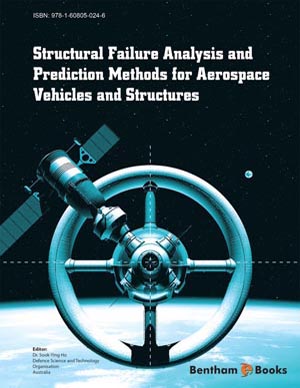Abstract
The present chapter contains information about the impact of aviation on global warming and describes the industry commitments to reduce greenhouse gas emissions. This chapter also analyses ICAO’s efforts in establishing goals and timeframe - carbon neutral by 2020 and 50% reduction on 2005 baseline - to states and industry to reduce aviation pollution. A solid “Four Pillar” initiative was set by the industry with the objective to address such a target, considering investments in operational procedures, infrastructure, technology and market-based measures. According to the recent studies, operational procedures and improvements in infrastructure may not be sufficient to accomplish the ICAO goals with current technological state of art. Innovative technological developments, mainly related to new airframe and engine designs and concepts are indeed considered the most effective and promising measures with potential to lead to fuel efficiency improvements up to 25% when compared with 2005 levels. With this perspective, fuel efficiency is becoming more and more relevant in aircraft design techniques. Electrical vehicles may be a considerably, if not entirely, a part of the ground transportation fleet in coming decades. A study was undertaken in the present work to estimate the percentage of aviation in CO2 emissions and noise levels considering a steadily increasing fleet of electrical vehicles over time. The evident conclusion is that even when introducing biofuels in aviation operations, their share in pollution compared to present levels will still steadily increase and take up a huge percentage of all transportation pollution. This will be an ongoing process up to the year 2050 despite the overall emission reductions. In other words, there is considerable evidence that aviation will be more and more in focus (and social-political pressure) throughout the years regarding the GHG emissions. This fact obviously reinforces the necessity for improvements in aircraft/engine designs, alternative motorization, and other sources of energy to empower aircraft systems and improve operational efficiencies.
Keywords: Aviation, Aircraft design, Aircraft emissions, Electric car, Environment, Fuel efficiency, Global warming.



